Mahoning Valley Skilled Trades is the central hub for information about all trades in the Valley.
Frequently Asked Questions
Frequently Asked Questions
What is an apprenticeship?
An apprenticeship is an opportunity for people to learn a skilled trade directly from industry leaders and professionals. This also gives employers the opportunity to train their future workforce, and give students a blend of hands-on work experience, classroom training, and credentials to apply for a career.
What are the educational requirements for completing an apprenticeship?
This varies by trade. Visit our Trades page to contact someone from your desired trade, and learn more.
What is the compensation for a job in the skilled trades?
In the Mahoning Valley and surrounding areas, skilled trades workers typically earn between $35,000 and $60,000 per year to start. This is dependent upon several factors, most notably trade and experience. There are opportunities to earn additional income, such as through overtime work, and for hourly employees.
How do I find an apprenticeship or career in the skilled trades?
Mahoning Valley Skilled Trades is here to help! Simply visit our Trades page or Job Openings page for opportunities, and we can help facilitate this process for you.
What is the job outlook for career opportunities in the skilled trades industry?
Incredibly strong! Organizations are always looking for individuals who have experience with a trade, or are interested in learning a trade through apprenticeships. There will always be construction, repair, and maintenance projects that require a skilled workforce for execution.
What are the key differences between an apprenticeship, trade school, and college or university?
An apprenticeship can typically be completed in less time than a college degree, and can provide you with an Associate’s Degree in your specified trades field. The length of an apprenticeship can vary, though, depending on the trade you are studying. Trade Schools require the student to pay tuition, typically around $25,000-$40,000. With an apprenticeship, you will also have the opportunity to learn in a more hands-on environment, and earn while you learn on the job, which you can’t necessarily receive at most universities or Trade Schools.nd give students a blend of hands-on work experience, classroom training, and credentials to apply for a career.
What skilled trades program is best for me?
There are many career opportunities within the construction trades, from carpentry to HVAC and everything in between. Simply put, it comes down to you and your interests. Wherever you feel like you excel, or wherever your interests lie, you will be able to find a career or apprenticeship that is right for you! You can start exploring more information about the various trades by visiting our Trades page.

